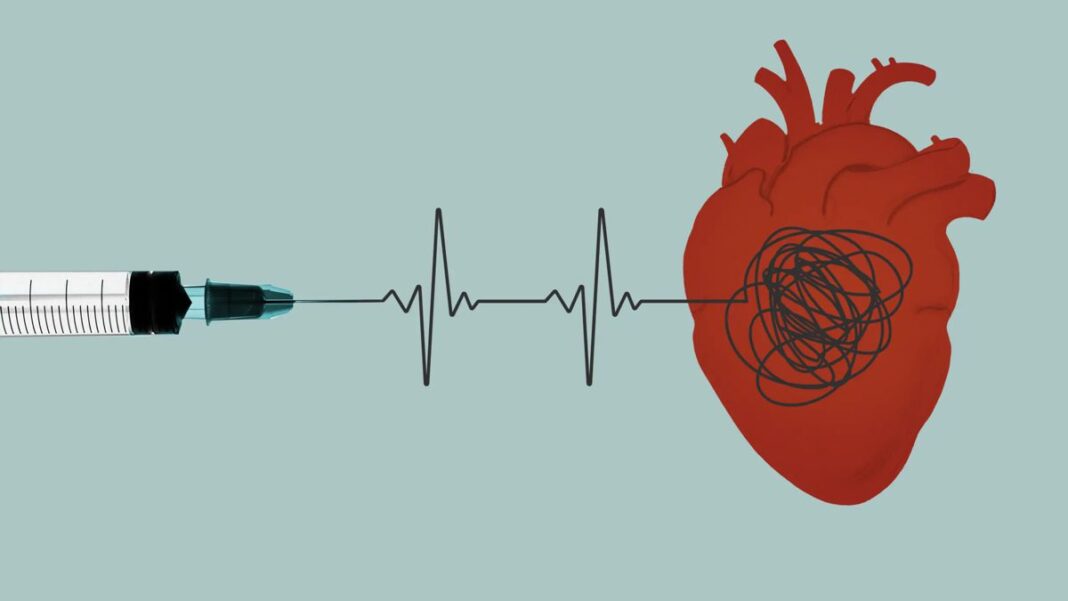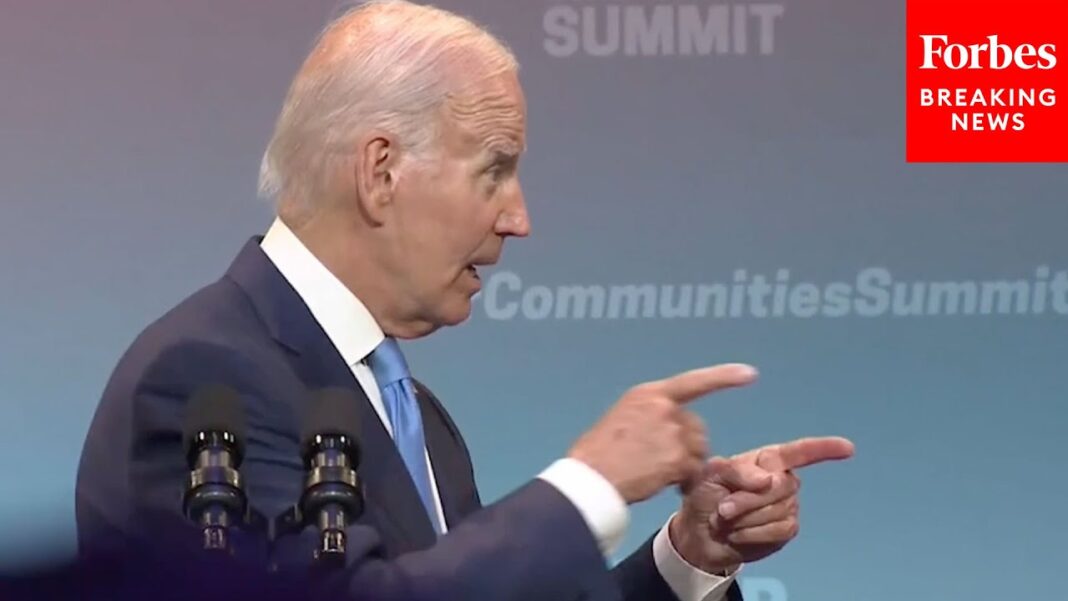Under pressure from the military and his mother, Jacob Cohen was feeling increasingly cornered.
Mr. Cohen did not want to receive a COVID-19 vaccine. He knew the shots had not been available for long. He was worried about their safety.
While Mr. Cohen initially resisted receiving a shot, he faced restrictions such as being forced to remain on base while vaccinated soldiers left. He was also pressured by military commanders, who scheduled a vaccination appointment for him and contacted his mother as part of a multipronged campaign.
“They told me, ‘Come on. It’s your mother. She’s crying. She’s worried. What wouldn’t you do for her?'” Mr. Cohen, who asked to be identified by a pseudonym because of concern about repercussions for going public, told The Epoch Times.
“I didn’t want to take the vaccine. I didn’t believe in it,” he said. But he wanted to appease his mother. “I would do anything for her.”
Mr. Cohen received his first shot, manufactured by Pfizer, on Sept. 22, 2021. He was 21.
Two weeks later, he was awakened by a sharp pain at 3 a.m.
“I felt like my heart was trying to get out of my chest,” Mr. Cohen said.
The soldier has felt pain before. “I never felt something like this,” he said.
Mr. Cohen went with a friend to the hospital, where he was placed in quarantine because he wasn’t fully vaccinated. Thirty minutes ticked by.
“I felt like it was the first time in my life I actually started seeing flashbacks of things that I did in my life—I felt like I was truly dying,” Mr. Cohen said.
Doctors finally came in and ran tests. They diagnosed Mr. Cohen with perimyocarditis, or inflammation of the heart muscle and the tissue around the heart.
They said Mr. Cohen was lucky. If he had come just a little later, he would have needed open heart surgery.
He spent three days in the hospital, taking medication and pills. When he was discharged, he was told not to engage in any physical activity for at least six months. He also needed to report for regular checkups and take a pill every day.
Six months after leaving the hospital, Mr. Cohen’s cardiac MRI showed concerning results. His heart still hadn’t recovered.
Doctors gave him more pills.
“They told me maybe I will need them for the rest of my life,” Mr. Cohen said.
The military marked him as unable to serve for the rest of his life, and released him.
To this day, he suffers.
“I’ve been feeling, I’m not sure if it’s trauma or something, but it feels sometimes like a sting there, a short sharp pain,” Mr. Cohen said.
He’s also unable to do all he used to do before.
“I was training. I was playing soccer. I did a lot of physical things, which now I can’t afford … to do anymore,” Mr. Cohen said.







